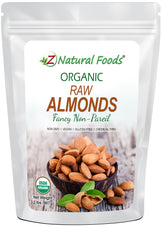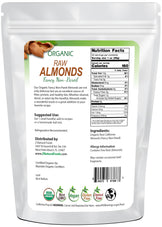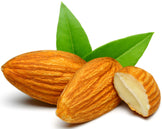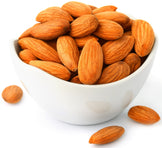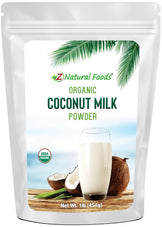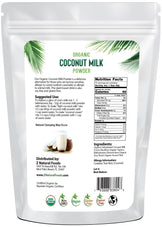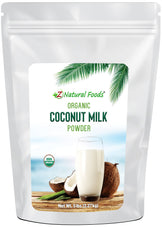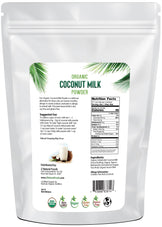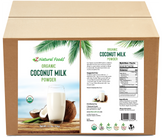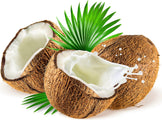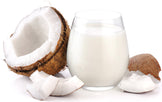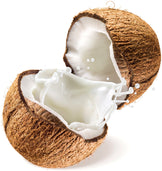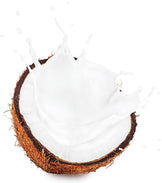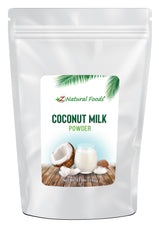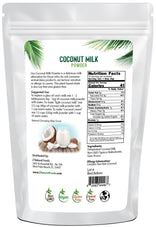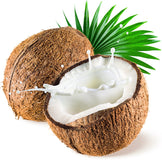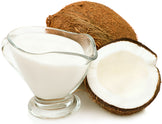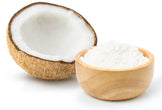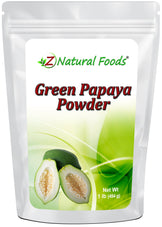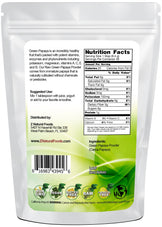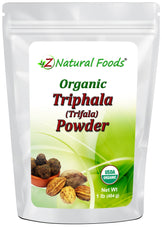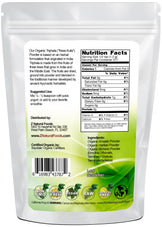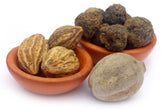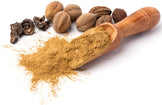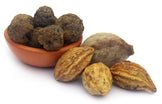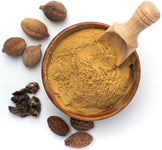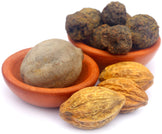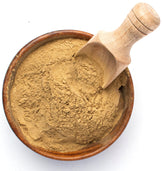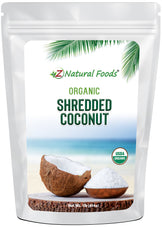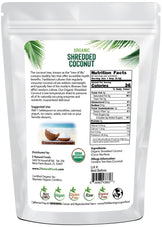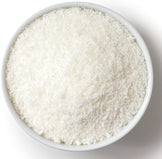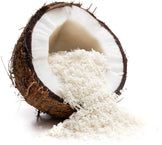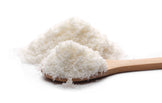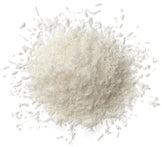Crohn's Disease

In Western medicine, Crohn's disease is identified as a chronic inflammatory condition affecting the gastrointestinal (GI) tract, characterized by symptoms such as persistent diarrhea and abdominal pain (Torres et al., 2017, Lancet Gastroenterol Hepatol). Subtypes like Ileocolitis and Crohn's colitis are distinguished based on the specific regions of the GI tract involved (Baumgart & Sandborn, 2012, Lancet). Conversely, Traditional Chinese Medicine (TCM) interprets Crohn's through disharmony patterns like cold and heat invasions. It posits dietary habits and emotional states as contributing factors (Bensoussan et al., 2015, Complementary Therapies in Medicine). Both paradigms offer distinct diagnostic and therapeutic frameworks, underscoring the need for additional scientific research to facilitate an integrated approach to Crohn's disease management.
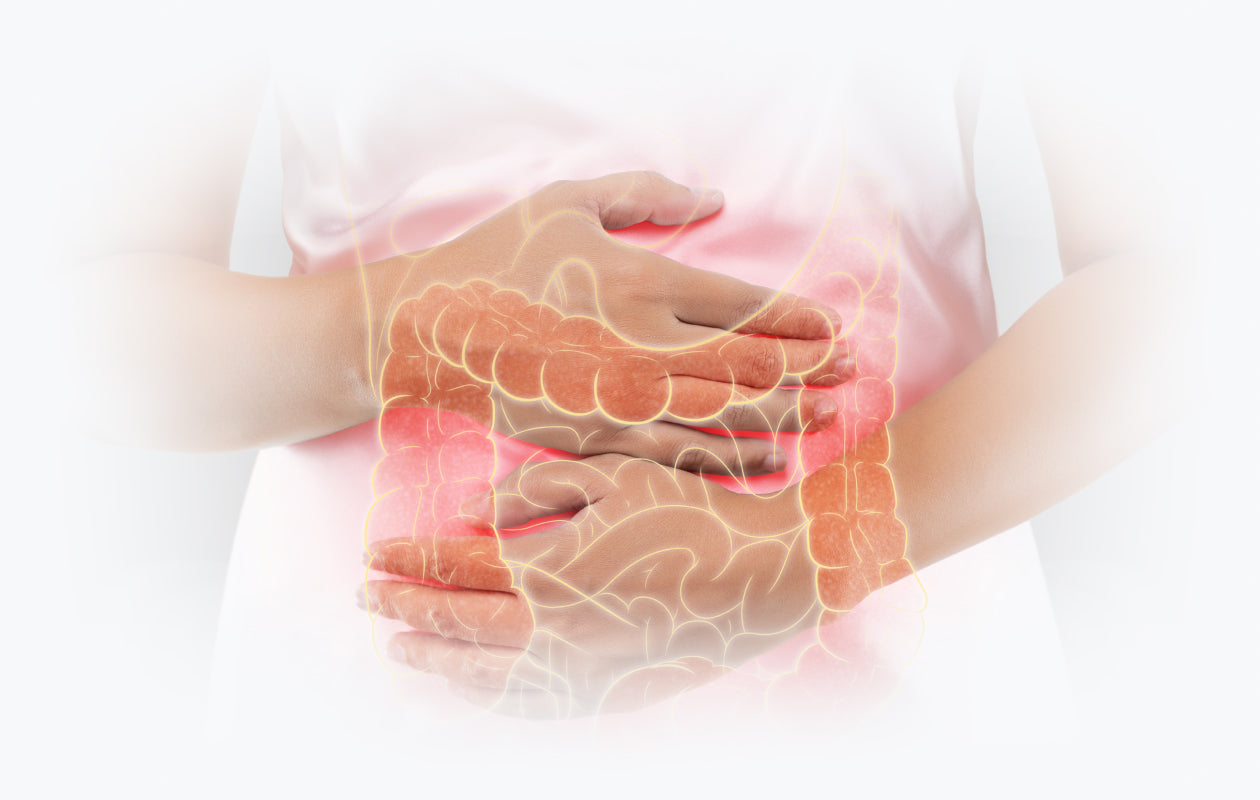
Categorieswhen you select any items page will be refresh and focus will be move out of the page
Health Concerns
Almonds - Raw Organic
Raw almonds have a long history of being used as a food source. Almonds have been found in ancient Egyptian tombs and were beli...
Current price$24.99
Coconut Milk Powder - Organic
Organic Coconut Milk Powder Native to Southeast Asia and many other tropical regions worldwide, Coconuts are a treasured food k...
Current price$13.99
Coconut Milk Powder
Coconut milk powder has been used for centuries in many parts of the world, including the South Pacific, India, and Southeast A...
Current price$224.99
Green Papaya Powder (Unripe)
Green papaya powder is made from unripe papaya and has been used in various cultures for centuries. Papaya is native to the tr...
Current price$19.99
Triphala (Trifala) Powder - Organic
Organic Triphala powder is a traditional Ayurvedic herbal preparation that dates back thousands of years. It is composed of thr...
Current price$17.99
Coconut - Shredded, Raw Organic
Shredded coconut, also known as desiccated coconut, is made from the white flesh of mature coconuts. It is created by removing ...
Current price$7.99
Feel Better. Look Better. Be Better.
Get on the list for actionable Health & Nutrition advice every week.

